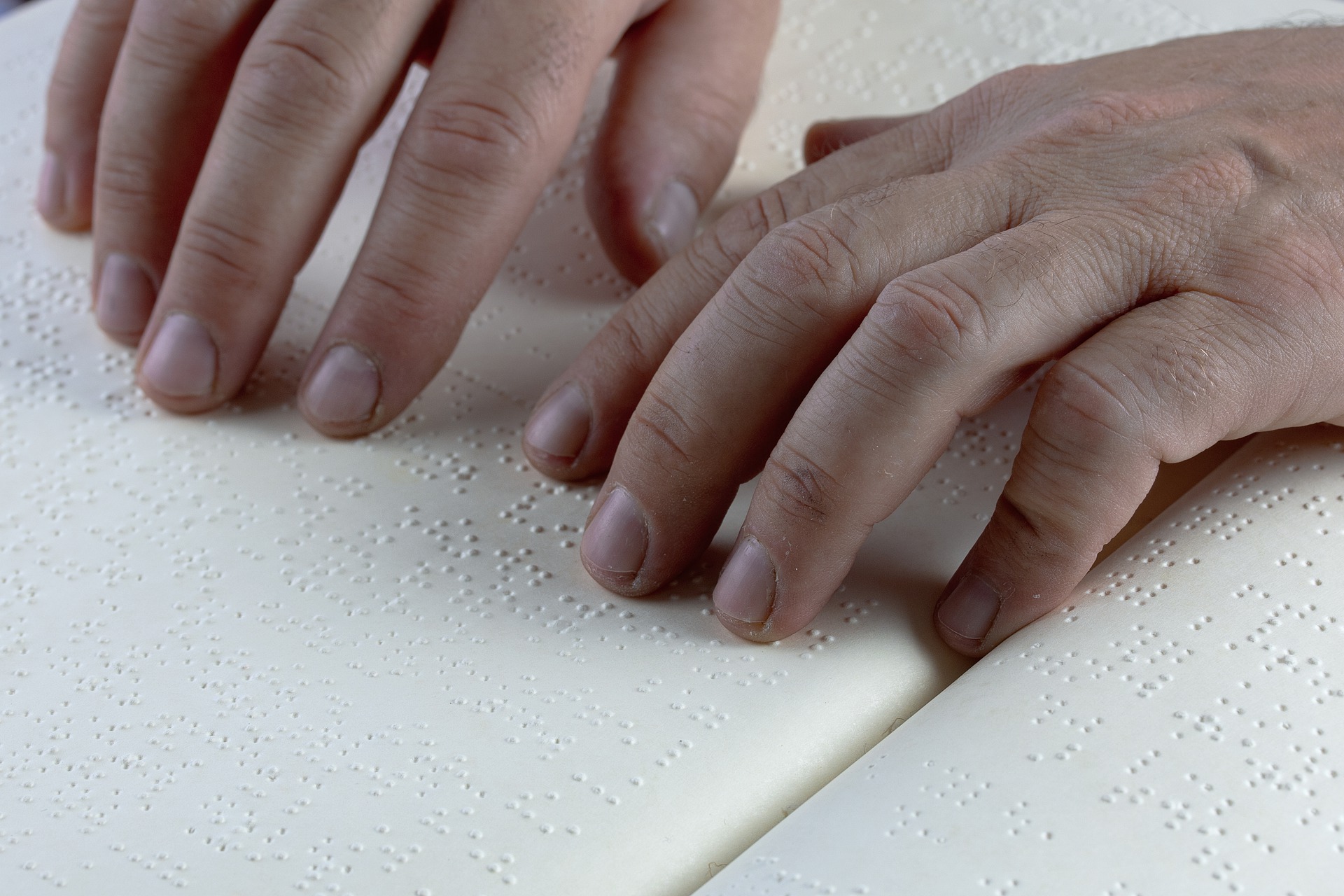Diabetic complications are not a given

There’s a joke amongst people with diabetes. It goes: Don’t use your index fingers to draw blood, you’ll need them to read braille. It’s implied that you’ll at some point lose your eyesight to the diabetic retinopathy or macular degeneration that can develop as a complication of diabetes. It’s gallows humor at its best. As you stab your fingers often to test your blood glucose, you develop calluses and lose sensation if you hit the same site repeatedly. Watch out for those index fingers.
Many people with diabetes do go blind. A few months back, I wrote about Sue Townsend, author of the fabulous diaries of Adrian Mole, who referred to herself as “the world’s worst diabetic.” She suffered blindness, neuropathy, and kidney failure from diabetic complications. The thing was that Sue had kept her blood glucose high for years and ignored her diabetes as an inconvenience. We shouldn’t talk about diabetic complications but complications of high blood sugar. That’s what it is, even though many people seem to think that complications that develop after years of uncontrolled diabetes are inevitable. They’re not.
When I first got type 1 diabetes three years ago, what scared me the most was the complications I read about. Would I need a kidney transplant at the age of 50? I watched my father go through dialysis for years, and it’s a painful process. What about my eyesight? I love to read, and I can’t imagine a life without books. The thing that bugged me the most was the repeated “statistic” I came across everywhere that claimed that diabetes took a decade of your life right off the bat. It is in no way true. With type 1 diabetes, you can live a normal life with a normal life expectancy free from complications if you achieve normal blood sugars. One way of doing this is through the low-carb diet. Another is to gamble and get lucky.
Before I read about the low-carb diet as a way of managing diabetes, I tried to dose for normal eating. It was a nightmare. My blood sugars would spike, and I’d beat myself up, worrying about how my feet would fall off. I spent hours out of range after eating what clinicians call a healthy amount of carbs. Then one day, during my obsessive googling about diabetes, I came across a blog post that led me to Dr. Bernstein’s Diabetes Solution. I’ve looked for the blog since, but I’ve been unable to find it. What I’d like to do is leave a comment and say thank you. You saved my life (and more so my sanity, and quite possibly, my feet).
There’s somewhat of a blasé attitude amongst health care professionals where high blood sugar is the norm. The other day I read a discussion thread about the appropriate blood sugar to go to bed with. Many people replied that they never go to bed below 8 mmol/l (144 mg/dl), as recommended by their diabetic nurse or doctor. I aim for 5 mmol/l (90 mg/dl) at bedtime as it is considered normal blood sugar. Your blood sugar should stay stable overnight if you have your basal insulin set correctly. That means you wake up with the same blood sugar you went to bed with. If it keeps dropping, you need to do a basal test because there’s a good chance that your basal insulin is set too high.
People with diabetes deserve to live with normal blood sugar. High blood sugar is the cause of diabetic blindness, nerve damage, vascular disease, kidney failure, and lower-limb amputations. The consequences of these complications are devastating and life-altering. It doesn’t have to be that way. Complications arise from high blood sugar, not from diabetes itself. There’s every possibility for a long and healthy life for people with diabetes as well. We just have to work at it a little bit harder.